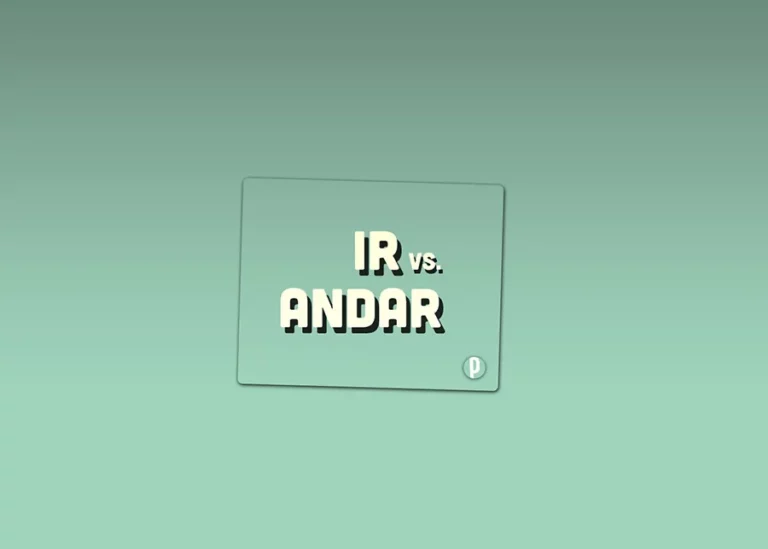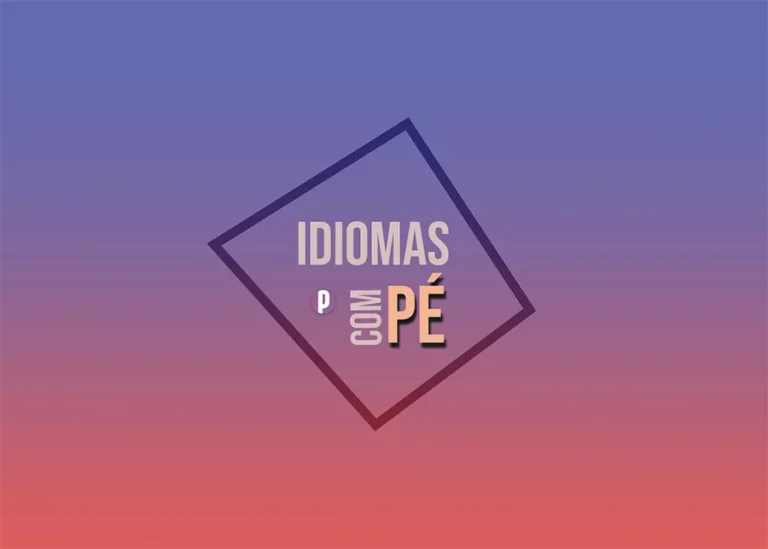
Portuguese Verbs “Ir” vs. “Andar” – Know When to Use Either
I’ve noticed that Portuguese language learners often use the verb Andar when they want to say Ir, and vice-versa. This happens almost without exception in a context…

Portuguese Idioms with “Pé”
Getting acquainted with Portuguese idiomatic expressions is key to reaching language fluency and feeling at home with day-to-day lingo. Today, I am bringing you 13 frequently-used Portuguese…

Poder vs. Conseguir in Portuguese – Tease Them Apart
Portuguese language learners often struggle to discern between Poder and Conseguir, not least native English speakers or anyone using English as a reference since Can usually encompasses…

Conditional in Portuguese
In Portuguese, we use the Conditional tense to express desire, talk about unreal scenarios, or convey politeness. As you’ll soon see, however, the Imperfect tense (Pretérito Imperfeito)…

20 Portuguese Idioms and Expressions to Impress Locals
If you’re planning a trip to Portugal or simply looking to connect with Portuguese speakers, incorporating idioms and colloquial expressions into your conversations can make a significant…

The Portuguese Verb Fazer
The Portuguese verb Fazer means different things depending on the context. Depending on the context, its English equivalent can be Make, Do, or Take. Additionally, there are…

‘Tão’ v. ‘Tanto’ in Portuguese – Know the Difference
Portuguese language learners often struggle to distinguish between the adverbs tão and tanto. Are you one of them? I get it! After all, tão and tanto are…

Portuguese Irregular Verbs Students Need to Learn as Soon as Possible
Have you noticed that some of the most frequently used verbs in Portuguese happen to be irregular? These verbs are not only high-frequency but they also tend…
